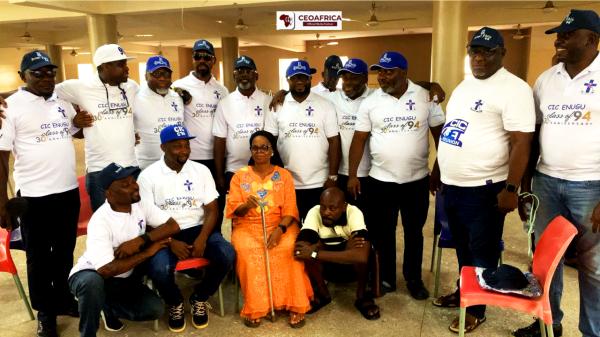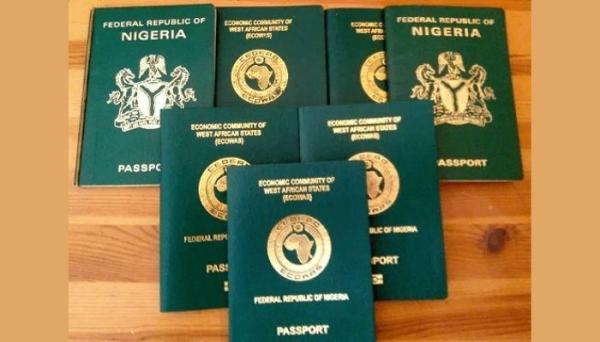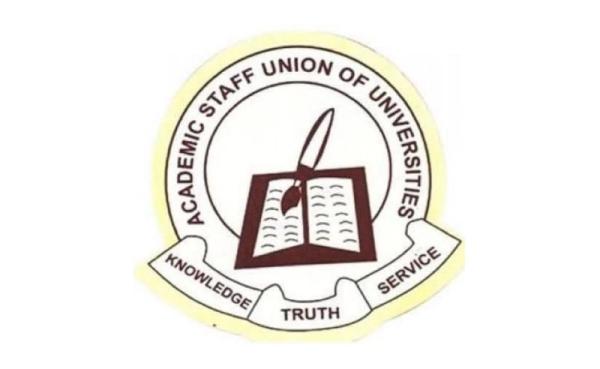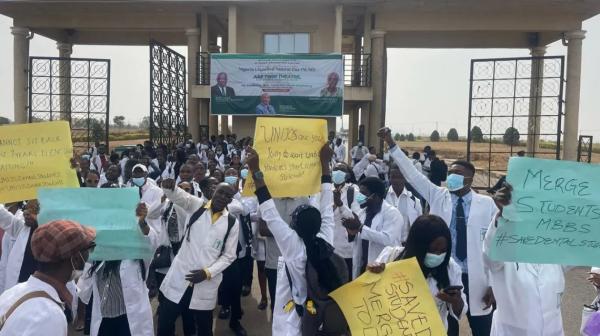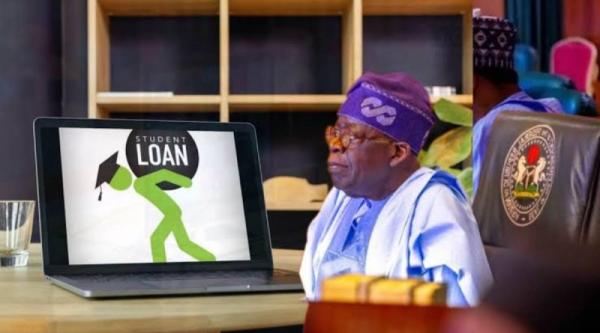
The Federal Government says over one million Nigerians have so far benefited from various loan and grant schemes under the administration’s Renewed Hope Agenda, even as proceeds from the removal of petrol subsidy are being reinvested into major infrastructure projects nationwide.
The Minister of Information and National Orientation, Mohammed Idris, disclosed this on Thursday while addressing State Commissioners of Information at a Progressive Governors’ Forum conference held in Minna, Niger State.
In a statement by his Special Assistant on Media, Rabiu Ibrahim, Idris said over 900,000 small businesses have accessed funding from the Presidential Conditional Grant and Loan Scheme, while more than 350,000 students are currently benefiting from the Federal Government’s Student Loan Scheme.
He added that the Renewed Hope Agenda was about providing opportunities across the board for Nigerians.
“The Renewed Hope Agenda goes beyond macroeconomic reforms. It is about creating concrete opportunities for prosperity across sectors – for individuals, for families, and for communities”, Idris said.
“He further disclosed that over 900,000 small businesses have already benefited from the Presidential Conditional Grant and Loan Scheme, while over 350,000 students are currently benefiting from the Students’ Loan Scheme, ensuring no young Nigerian is left behind due to financial constraints.
“Idris stated that the Federal Government has so far committed approximately ₦70 billion to the Students Loan Scheme, with over 600,000 applications submitted by students seeking to benefit from the initiative,” the statement added.
The minister added that an additional ₦75 billion was being disbursed via the Bank of Industry to support Micro, Small and Medium Enterprises across key sectors.
“These are not just abstract numbers or policy points,” he emphasised. “They are opportunities—real, measurable opportunities for every Nigerian.”
The minister also defended the Federal Government’s decision to eliminate the petrol subsidy, describing it as a critical turning point in Nigeria’s economic reform agenda.
“One of the boldest and most consequential decisions of this administration, which is the removal of the fuel subsidy, was a painful but necessary reform. Beyond saving the economy from fiscal collapse, this decision has significantly blocked areas of leakage and waste in our economy,” he said.
According to Idris, the funds previously lost through the subsidy regime are now being used to finance transformative projects across the country, such as the Lagos-Calabar Coastal Superhighway, Sokoto-Badagry Superhighway, Kaduna-Kano Standard Gauge Railway, and the Abuja-Kaduna-Kano Expressway.
He also noted that states were seeing “marked increases” in their monthly allocations, enabling them to embark on people-focused projects at the state and local government levels.
Idris, therefore, charged state Commissioners for Information to go beyond rhetoric and mobilise public understanding of these reforms at the grassroots, leveraging platforms like the National Orientation Agency to drive engagement.
“It is therefore our duty, as information managers, to ensure that the citizens of this country, across all the states of the Federation, not only know about these reforms and programmes but also understand how to access and benefit from them.
“President Bola Ahmed Tinubu is keeping faith with Nigerians. You now must translate that faith into hope and action at the grassroots,” he said.












